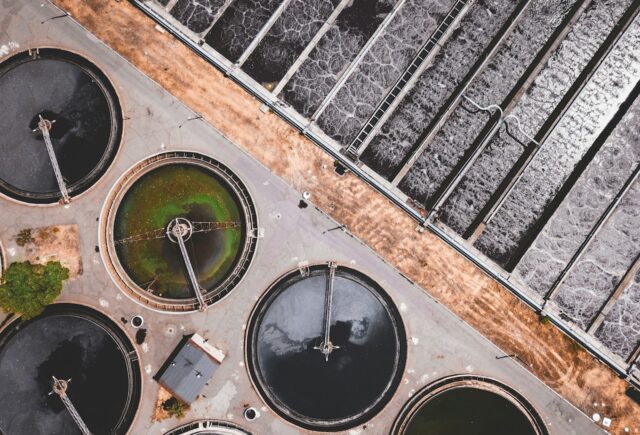Britain’s Prince Charles called it “the last chance saloon,” for our planet, while UK Prime Minister Boris Johnson warned world leaders at the COP26 climate summit in Glasgow the “doomsday clock is still ticking.”

COP26 started with a bang on November 2 with more than 100 world leaders, representing 85% of the world’s forests between them, agreeing to end and reverse deforestation by 2030.
Signatories to the pledge, which included $19.2bn in public and private funds, included Russia and Brazil, which has seen large swathes of its tropic Amazon rainforest being cut down.
In addition, over three dozen of the world’s biggest financial services companies, including US asset manager Schroders and Aviva and AXA of the UK, said they would no longer invest in activities linked to the cutting of trees.
Methane pledge
Also on November 2, more than 100 world leaders at the UN conference joined an initiative spearheaded by the US and the European Union to cut methane emissions by 30% by 2030 from 2020 levels, the Reuters news agency reported.
Although UK Prime Minister Johnson welcomed the deal, he urged leaders to keep working hard.
“We must take care to guard against false hope and not to think in any way that the job is done, because it is not,” Johnson told a news conference. “There is still a very long way to go.”
Fossil fuel deal
On November 4, 20 countries agreed to stop financing fossil fuel projects abroad, going beyond coal to include new oil and gas projects.
“Investing in unabated fossil-related energy projects increasingly entails both social and economic risks, especially through the form of stranded assets, and has ensuing negative impacts on government revenue, local employment, taxpayers, utility ratepayers and public health,” the signatories, which included Canada, Denmark, Switzerland, the UK and the US, said in ajoint statement.
Greta Thunberg
While Swedish climate activist Greta Thunberg told a vast crown of young people gathered in Glasgow at the weekend that COP26 had been a “failure” and that “immediate and drastic cuts” to carbon emissions are needed, others were more optimistic.
Iskander Erzini Vernoit, a climate finance expert at think tank E3G, told US broadcaster CNN that the deal was a “historic breakthrough that would not have been possible just a few years ago.”
Reasons for optimism?
Writing on her LinkedIn page on November 5, Maria Nazarova-Doyle, head of pension investments at UK-based life insurance and pensions company Scottish Widows, cited the deforestation deal, the pledge to cut methane and the fossil fuel agreement as “my three reasons to be hopeful that this summit will achieve significant contributions to the global fight against climate change.”
She added: “For us as an investor and asset owner, there was also a significant breakthrough in the UK with publication of climate transition plans becoming mandatory for listed businesses, giving us the result we have long campaigned for.”
An updated analysis by the International Energy Agency of the new climate pledges also showed cautious signs of optimism – provided all signatories will execute their commitments.
“If they are met in full and on time, they would be enough to hold the rise in global temperatures to 1.8°C by the end of the century,” IEA executive director Faith Birol said in a statement on the agency’s website.
“This is a landmark moment: it is the first time that governments have come forward with targets of sufficient ambition to hold global warming to below 2°C,” Birol said.
Second week
The second week of COP26 kicked off with former US President Barack Obama telling delegates on November 8 that “when it comes to climate, time really is running out.”
The second week of COP26 may also see delegates hammering out a deal on the creation of a UN-sanctioned global carbon market.






